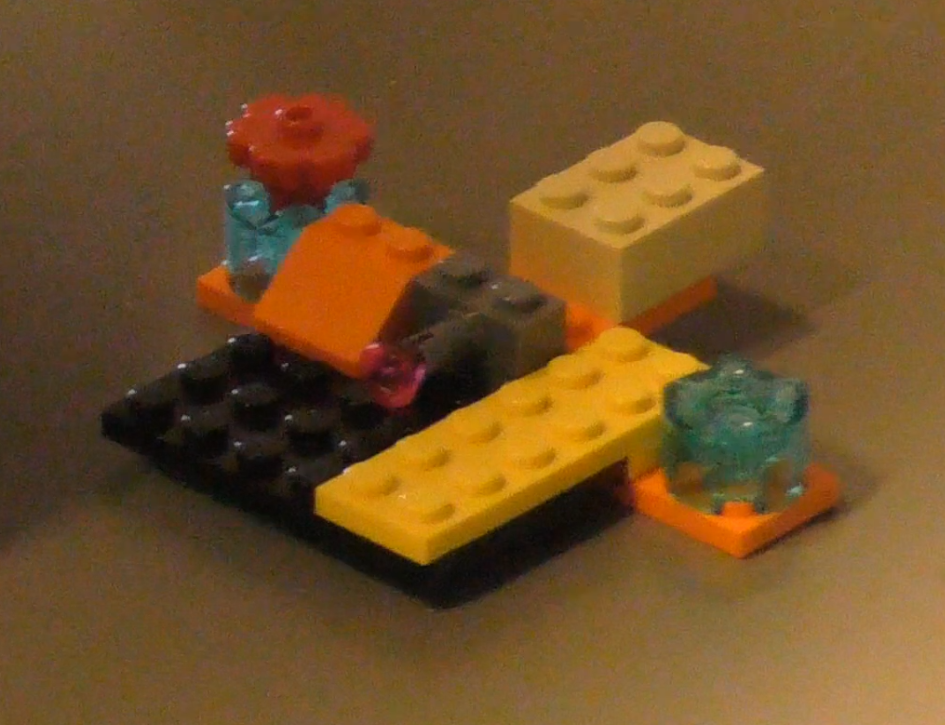Lego Project Data An Open Data Archive for Qualitative Video Research
Main Article Content
Abstract
This article introduces and documents the collection and processing of raw video and audio recordings of an experimental Lego puzzle team game, which led to the archiving of the audio-visual data and ancillary materials in an open format suitable for sharing and reuse. The primary motivation was for the data to be included in demonstration packages for immersive qualitative analysis and transcription software tools that work natively with 360-degree video data. The data is made available in an open data archive with a Creative Commons license.
Article Details
How to Cite
Davidsen, Jacob, Mathias Thomsen, and Paul McIlvenny. 2020. “Lego Project Data: An Open Data Archive for Qualitative Video Research”. QuiViRR: Qualitative Video Research Reports 1 (December):a0003. https://doi.org/10.5278/ojs.quivirr.v1.2020.a0003.
Issue
Section
Data
Copyright remains with the author/creator(s).

